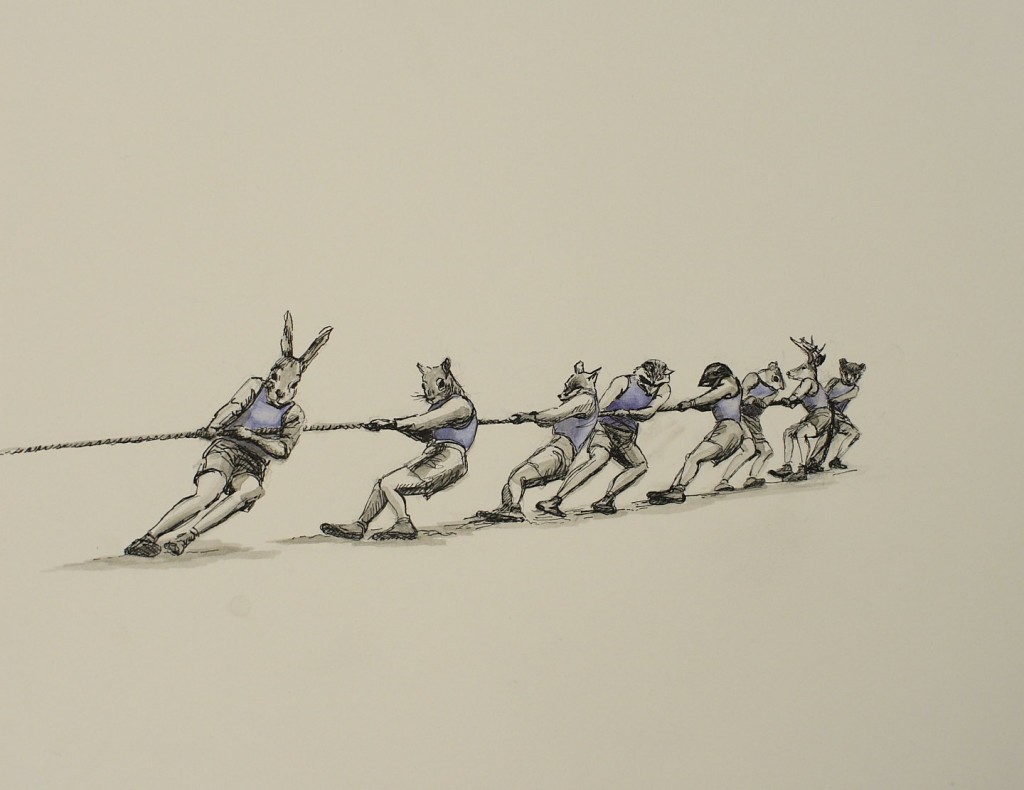The Library Journal recently posted a run-down of how libraries have responded to Harper Collins’ eBook policy. Here’s one example:
The Kansas State Library decided this month to suspend adding any HarperCollins ebooks to the statewide consortium platform, which services 330 public libraries in the state.
“We are not trying to punish HarperCollins,” Jo Buder, the state librarian, told LJ. “We are just trying to figure out a way to provide these titles without damaging customer service. What do we do for a person who is 27th in line and has a hold? What does it mean to catalogers? It’s just all very bad customer service decisions,” she said.
Buder is now heading a task force that has been formed by the Chief Officers of State Library Agencies (COSLA) that is debating a response to HarperCollins. The task force teleconferenced on March 9 with representatives from Georgia, New York, New Jersey, Massachusetts, Alaska, Colorado, Ohio, Texas, and Tennessee participating.
“We decided that we really want to approach publishers [directly], HarperCollins in particular, because we want to understand the issues more,” Buder said. “The interest is really so high.”[read the full article]
It’s always impressive to see so many libraries taking a concerted stand.
Looking down the road, what will a solution look like? An article in the Atlantic puzzles on this, and points to the approach taken by the NYPL and OverDrive:
Potash, whose Cleveland-based company has thrived in the often contentious atmosphere of dynamic change, believes that the solution is to recognize that even the demand for most bestsellers eventually settles down, and the number of e-books that libraries would have to re-purchase will turn out to be relatively small in the broader scheme of activity. OverDrive’s largest customer, the New York Public Library, is floating an intriguing concept: a form of metering. Once purchased, a book would be available for an extended period, and thereafter a small charge would accrue for further loans. For example, the New York system now has 125 copies of Stieg Larsson’s The Girl with the Dragon Tattoo, but in three years it may only need a handful, and the revenue impact of pay-per-use could turn out to be small. Moreover, “dog-eared printed books” as one senior librarian explained to me, have always been replaced, and e-books significantly reduce the time, trouble, and expense of returning books back onto shelves.[read the full article]
The pay-per-use model has cropped up in other ideas for a compromised solution. Like a variable rate mortgage, it’s entirely possible that a pay-per-use model could save money in the long run. It could also end up costing more. It’s difficult to say, and it’ll be important to watch how libraries that adopt the model fair.
Pay-per-use may not be the most ideal solution. But in some form, it might be the best deal libraries will get, since publishers have the content, our users want access, and libraries who don’t have it will be left by the wayside.
If some libraries feel over a barrel, it’s because they are.


E-books should (and will?) migrate to a subcription system, a la database, where we have access to their entire catalog for an annual fee. That’s the future and the future is now.
Spencer,
I agree that subscription to electronic media has the benefit of being an established model. It’s especially good if you’re a large system or in a consortium where you can afford the annual fee.
What about libraries who don’t want the entire collection or won’t use it? They would be locked into a collection with parts that may lie fallow.
Is your e-book deal like cable where you pay a premium for extra channel packages just to get the two that you really want?
Flexibility and customization would be important, in my mind, for libraries who want to provide eBooks on tight budgets.
In practice, I think different tiers would be best. Maybe a best seller tier, or a classics package. Really, there are an almost infinite number of solutions that are better than the one they chose.